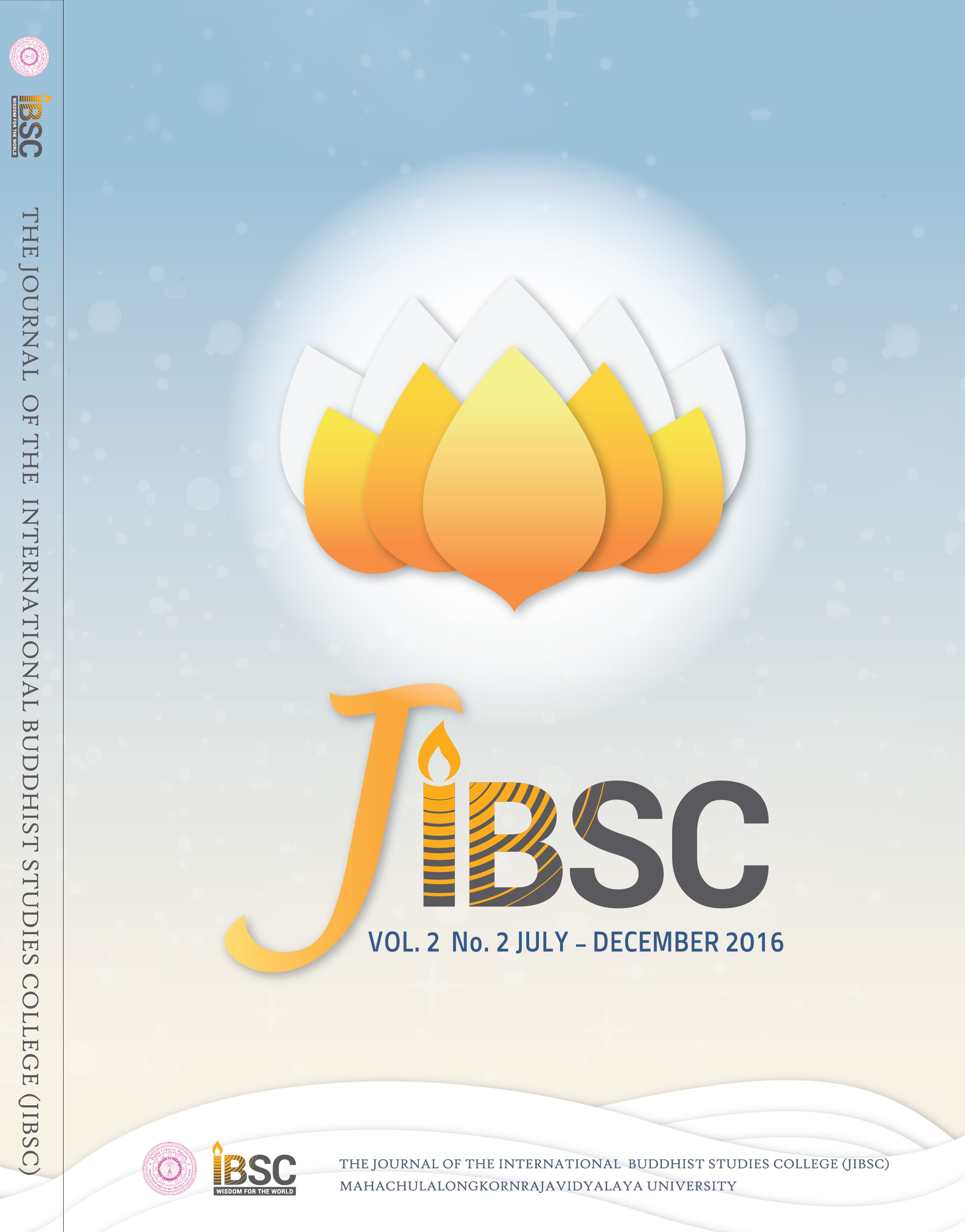MANAGE A CONFLICT: GOAL AND ACTION THINKING PATTERN
Main Article Content
Abstract
One of the most important reasons why people have confl icts is because in discourse, both parties think they are right while the other party is wrong.1 If we examine closely, we’ll fi nd that both parties can be justifi ed according to the supporting points they offer. Therefore, neither party is able to concede easily. One of the most common ways of negotiation is to make each party give in to some extent so that both parties can reach a kind of compromise2. This is possible and most of the time practicable, but this also means both parties have to abase the justifi cation they have been holding tightly. To what extent they have to give in is a big problem for both parties as well. This is because they will compare with the other if they give in more than the other party.Another way is to make a judgment through which one of the parties is declared to be the loser and the other the winner. This is relatively convenient to operate compared with the one above. However, the problem with this one is that the interest of the lost party will be completely ignored, which may bury a seed of hatred for further confl icts. This paper tends to explore a method for confl ict management by studying the wind-fl ag moving case in the Platform Sutra. This method simply tries to shift the thinking pattern of the parties in a confl ict from “right-wrong” to “goal-action” so that each party will try to fi nd other ways to achieve their goals instead of being stuck to a claim that causes confl icts. This method can be named attention shift and it can be classifi ed into the lose-lose category because no party seems to have really gained what they needed, though essentially they are freed from captive status of being in confl ict.
Article Details
The Journal of TCI is licensed under a Creative Commons Attribution-NonCommercial-NoDerivatives 4.0 International (CC BY-NC-ND 4.0) licence unless otherwise stated. Please read our Policies page for more information on Open Access, copyright and permissions.


